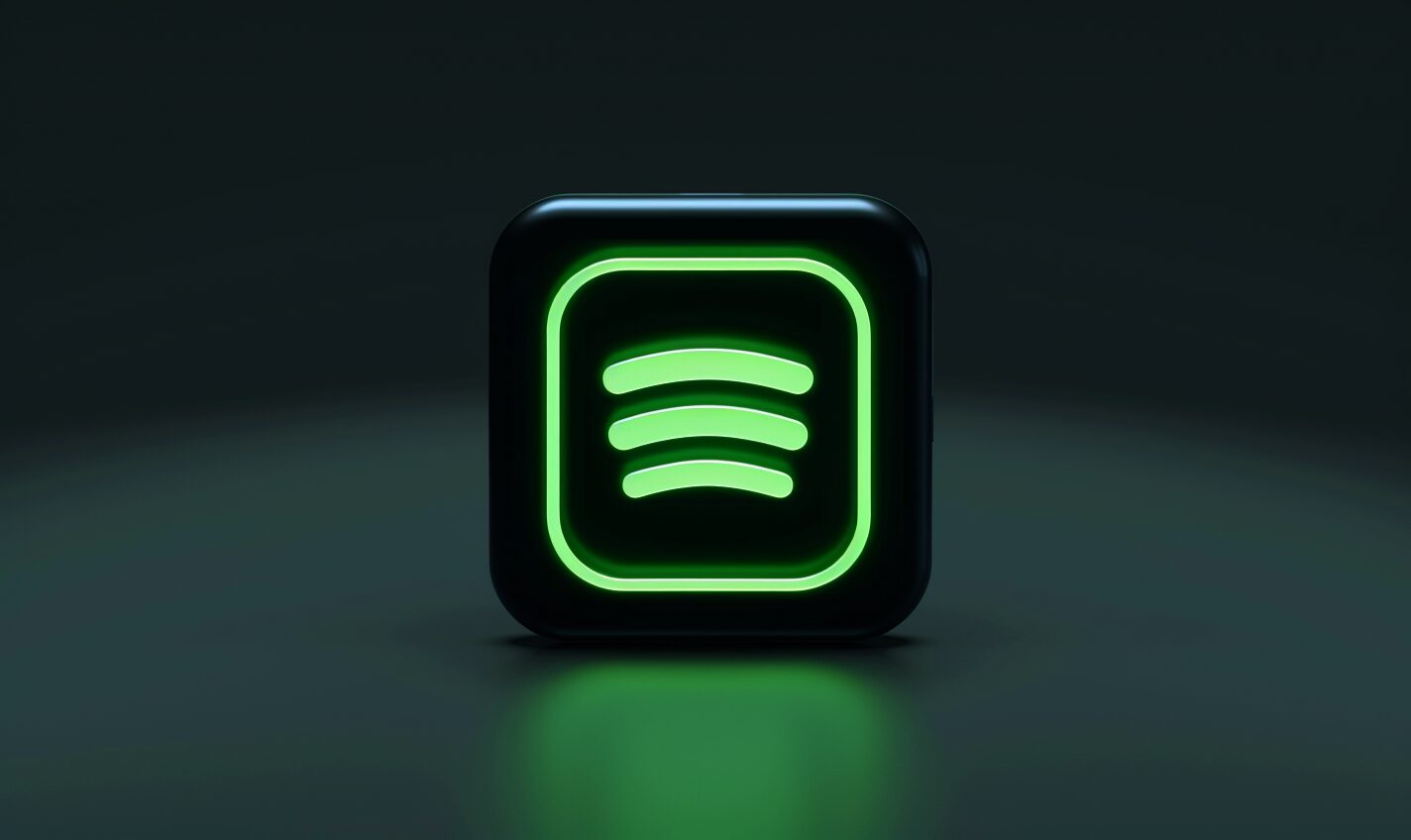TikTok is the wildly popular app that doesn’t seem to be slowing down in usage or downloads anytime soon. Unless, of course, President Trump’s country-wide ban of the app goes into full force. Despite its unprecedented success, TikTok data collection brings some security concerns — some of which have lead Trump to threaten this ban.
Many questions are now floating around — How did the app get to this point? Will the ban happen? What comes next? With all the uncertainty, it’s important to look at how TikTok got itself in this current predicament.
Data Concerns
TikTok has ended up in hot water a few times, but most prominently, the data concerns are what have stuck. Despite crossing two billion downloads in April of this year, users and government officials have more and more questions for TikTok’s developers.
The issue stems from political distrust. TikTok started as a service called Douyin, which Chinese-owned ByteDance ran within China. Then, in 2018, ByteDance bought Musical.ly, the lip syncing app, and expanded the brand as TikTok.
Since the United States and China have a difficult political relationship, the Chinese origins of TikTok have lead many individuals and government officials to question their privacy rules. Is TikTok data collection taking too much information? What does it do with user data? Does it give the information to the Chinese government?
TikTok has denied any Chinese government affiliation and direct people to their privacy policy so to see what data they collect. Regardless, the U.S. government still demanded action, which is now what’s causing more tension between the app, its users and political figures.
How It Escalated
Despite consistent denials of working with the Chinese government in any way, the U.S. government does not feel its users’ data and privacy are adequately safe on the app. This distrust and tension ultimately led Trump to threaten a U.S. ban of TikTok.
At the beginning of August, the White House released word on Trump’s executive order — taking action against the app. In it, Trump stated that if an American company did not purchase TikTok within 45 days, then he would effectively ban it in the U.S.
Microsoft soon after announced that it was pursuing purchase of TikTok. Another tech company, Oracle, then threw its hat in the ring as well. The results are still unclear.
However, word of the U.S. ban followed a ban in India at the end of June. India was TikTok’s biggest market in 2020, so now, the company cannot afford to lose the United States as well. Therefore, these events led TikTok to act on its own.
At the end of August, TikTok announced that it is suing the Trump Administration in response to his proposed ban.
What Comes Next?
There are a few possible outcomes for TikTok. A deal with Microsoft or Oracle could go through and the app would continue to run in the U.S. However, if a deal doesn’t happen, then Trump would move forward with his ban. There’s always a chance that he’ll fail to enact the TikTok ban or the lawsuit could work out, but as for now, the future of TikTok is up in the air.
Perhaps more pressingly, though, is what this shift means for the tech industry. According to its privacy policy, TikTok doesn’t collect any more information than Twitter or Instagram, for example. Though there could be more sinister acts happening behind the scenes, TikTok is now a case study for all big tech companies.
Facebook, for instance, has had numerous privacy and data mishandling issues over the years. With the 2020 election coming up, too, eyes will be on Facebook to act better than it did in the 2016 election with ads and data.
Of course, the main issue with TikTok is its Chinese origins, so Facebook hasn’t faced the same threats of bans or regulations that TikTok has. Regardless, the U.S. could be making an example out of TikTok. If policymakers continue with this crackdown, big tech could be facing much more regulation in the coming years.
TikTok on the Clock
No matter the outcome, ByteDance doesn’t seem to have good odds of keeping TikTok. For the U.S., lawmakers and individuals will need to reexamine what data and privacy mean — and how to protect it. Whether or not TikTok data collection is malicious with U.S. information, change is happening in the tech world. From here, more regulations should come into place to protect the people’s data.
Recent Stories
Follow Us On
Get the latest tech stories and news in seconds!
Sign up for our newsletter below to receive updates about technology trends














